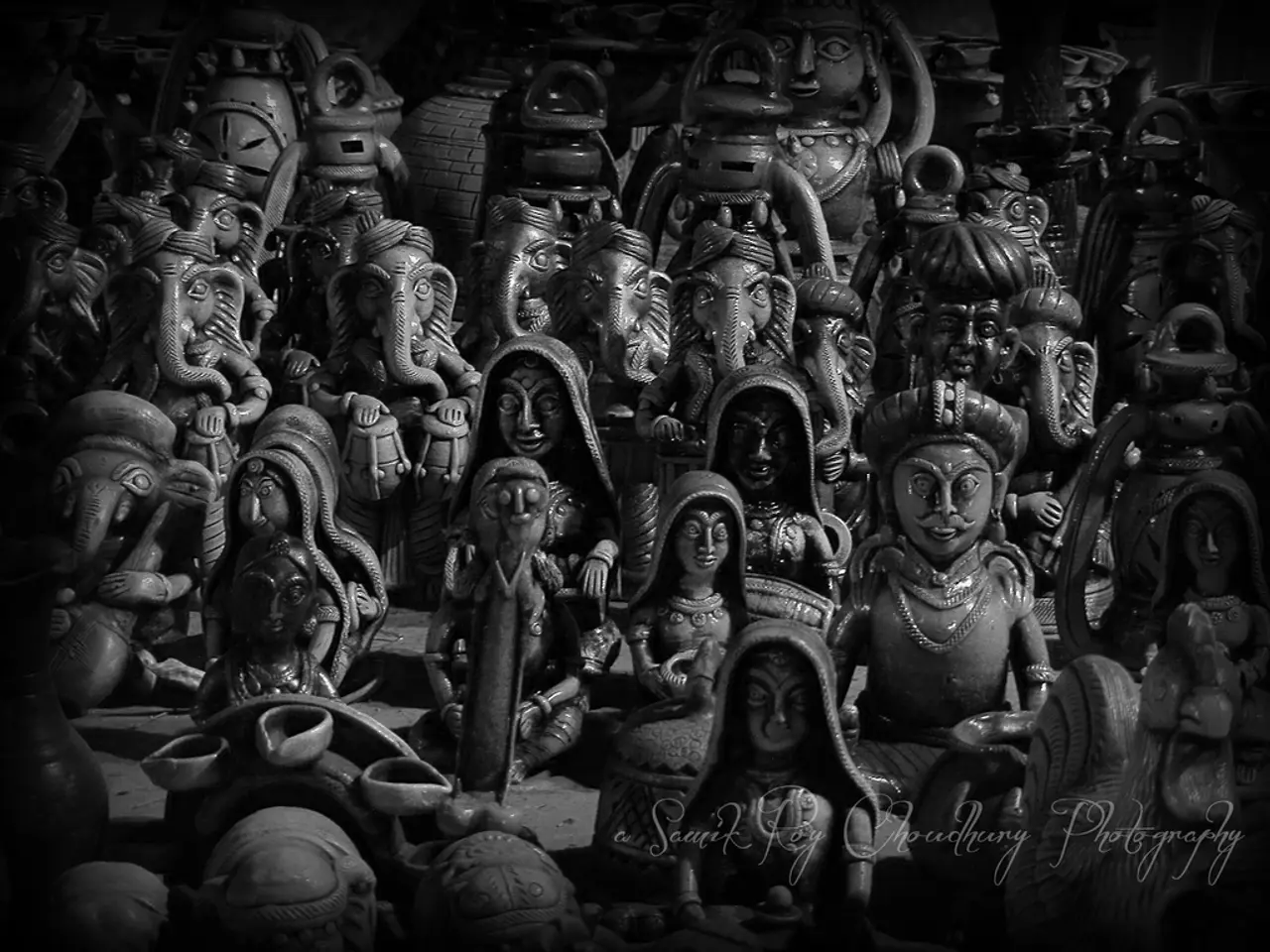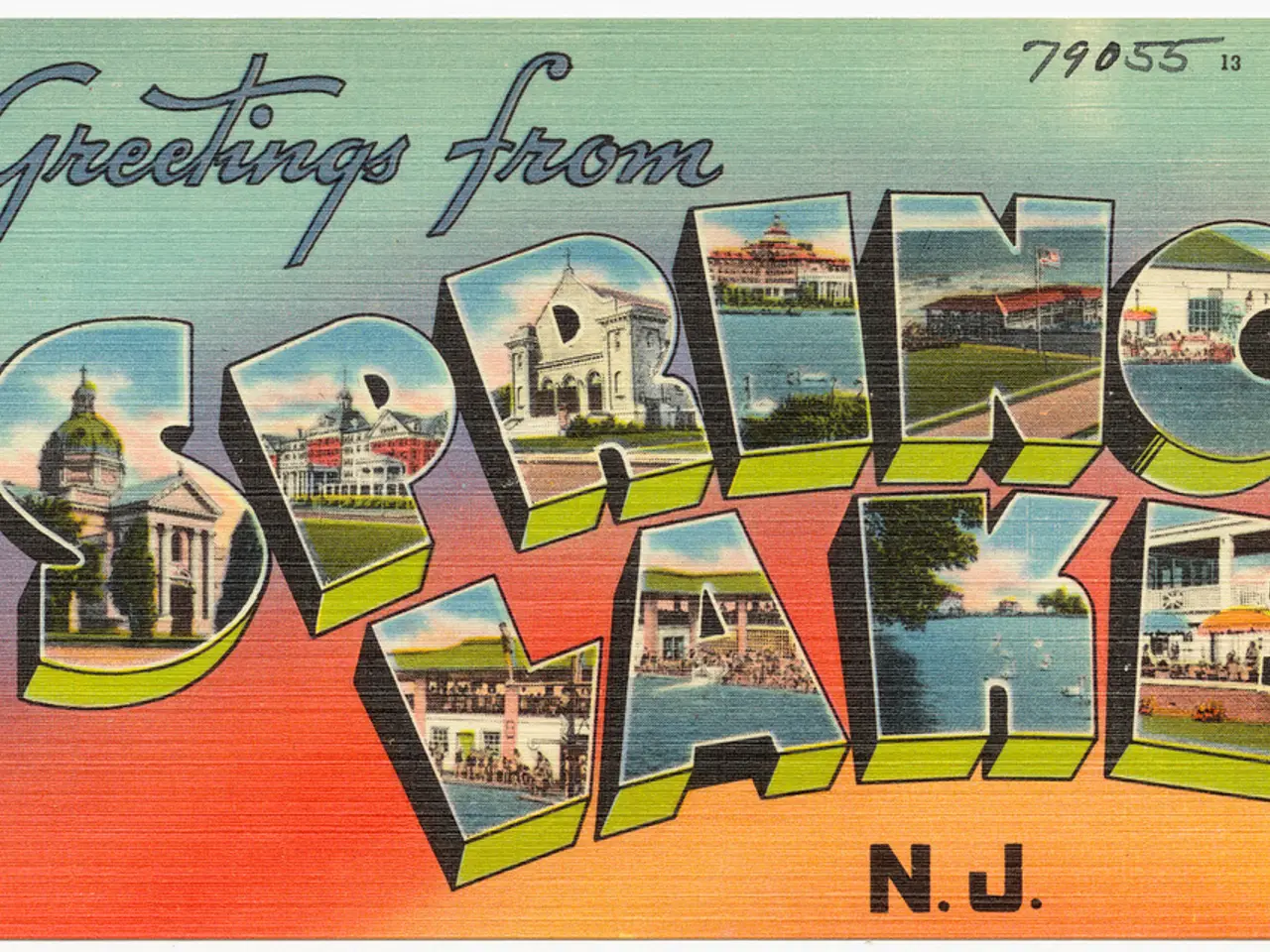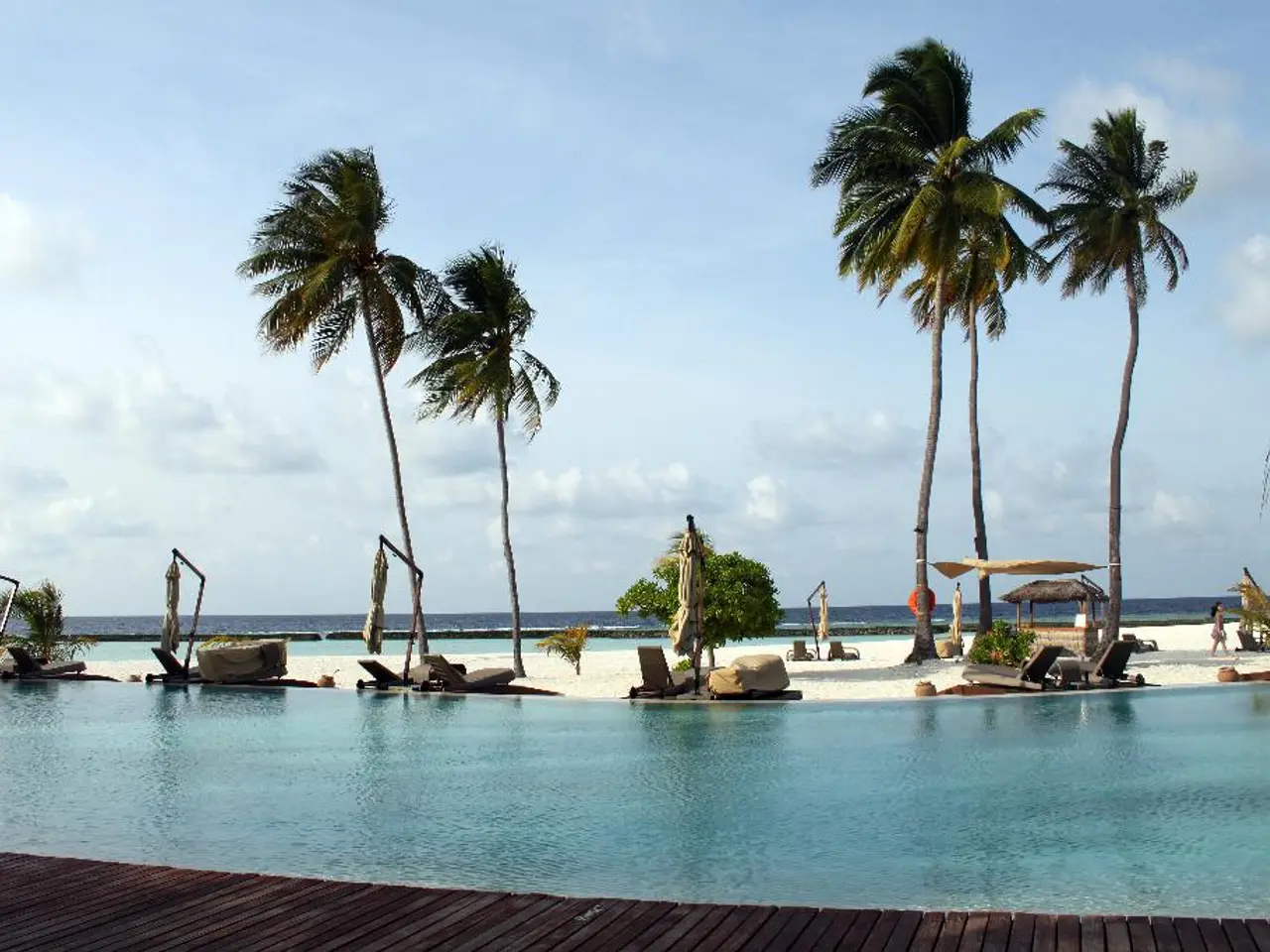China Faces Tibet's Last Request from the Dalai Lama
In the heart of Dharamsala, India, the 14th Dalai Lama, Tenzin Gyatso, recently affirmed that the institution of the Dalai Lama will continue after his death, bringing a sense of reassurance to his followers[1][2]. This announcement was made during his 90th birthday celebrations, attended by many Tibetan Buddhists.
However, the process of selecting his successor remains a highly contentious and politically sensitive issue. The Dalai Lama's proposed succession process directly challenges Beijing's longstanding claims over the reincarnation process[1]. China has consistently accused the Dalai Lama of separatism and seeks to assert control over Tibetan Buddhist leadership, including the recognition of the next Dalai Lama.
Tibet's government-in-exile and Tibetan Buddhists worldwide reject any Dalai Lama chosen or appointed by the Chinese government, considering such a figure illegitimate. Youdon Aukatsang of Tibet's parliament-in-exile emphasized that a Beijing-chosen successor would not be recognized either by Tibetans or internationally, noting Beijing's failure to win the hearts and minds of Tibetans despite decades of attempts[1].
The present Dalai Lama has repudiated Beijing's official view that the next Dalai Lama could only be chosen by the PRC's Marxist functionaries. He has stated that his reincarnation would be in a free country and not China. India's minister of parliamentary and minority affairs, Kiren Rijiju, has also declared that no one has the right to interfere or decide who the successor of the Dalai Lama will be, and that the decision lies with him or his institution.
India's external affairs ministry has responded by stating that it does not take any position or speak on matters concerning beliefs and practices of faith and religion. The Indian government has upheld freedom of religion for all in India and will continue to do so.
The political relationship between China and Tibet remains tense, with ongoing repression in Tibet. China invaded Tibet in 1950, overrunning it due to the lack of an army. Since then, thousands of Tibetans have been killed by Chinese soldiers, and ancient monasteries and buildings full of manuscripts have been burnt.
China has been attempting to completely annex Tibet and obliterate its traditional theological and temporal authority. The Dharma, the teachings of Buddhism, has stood up to China's powerful state with remarkable fortitude and success.
The present Dalai Lama, who is the 14th in a line that stretches back to the 15th century, has been awarded the Nobel Peace Prize in 1989. His fight against Chinese occupation and his advocacy for Tibetan rights have made him a contentious issue in India-China relations in the foreseeable future.
China continues to target India for harboring the Dalai Lama and allowing his activities, citing this as a major reason for the permanent souring of relations between Beijing and New Delhi. Beijing has contested the Dalai Lama's anti-China stance, pointing out the alleged anti-China separatist nature of the 14th Dalai Lama.
In summary, the Dalai Lama institution will persist, but the choice of successor will likely deepen the rift between Tibetans in exile and the Chinese government. Tibet remains under Chinese control, with ongoing repression, and the political relationship is marked by tension and mutual distrust. The Dalai Lama and Tibetan exile leadership oppose Chinese influence over Tibetan spiritual affairs, especially concerning the reincarnation process that has significant symbolic and political importance. The fight between China and the Dalai Lama's followers seems destined to pass on to the next era.
- The sensitive issue of the Dalai Lama's successor is a critical point of contention in policy-and-legislation and politics, as both China and the Tibetan government-in-exile claim their respective role in the reincarnation process, which is deeply rooted in war-and-conflicts and the historical struggles between China and Tibet.
- The ongoing debate over the Dalai Lama's successor is not only significant in general-news discourse, but it also reflects a broader tension between the preservation of traditional Tibetan religious practices and the political ambitions of China, with each side advocating for their stance in this war-and-conflicts-tinged issue that is also interwoven with policy-and-legislation and politics.







